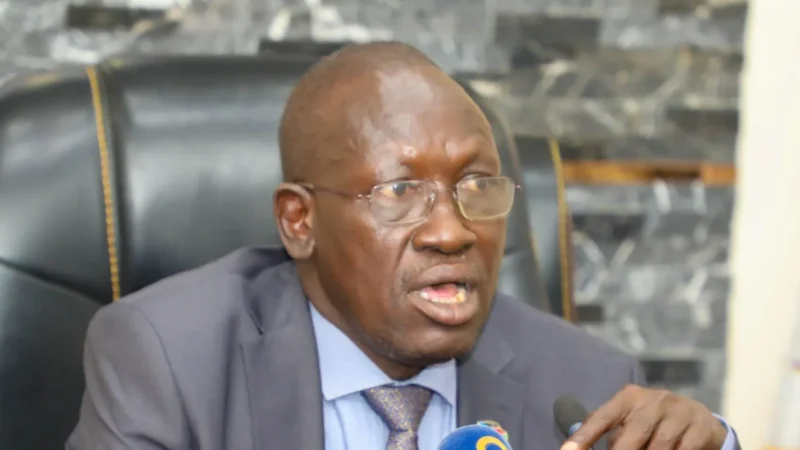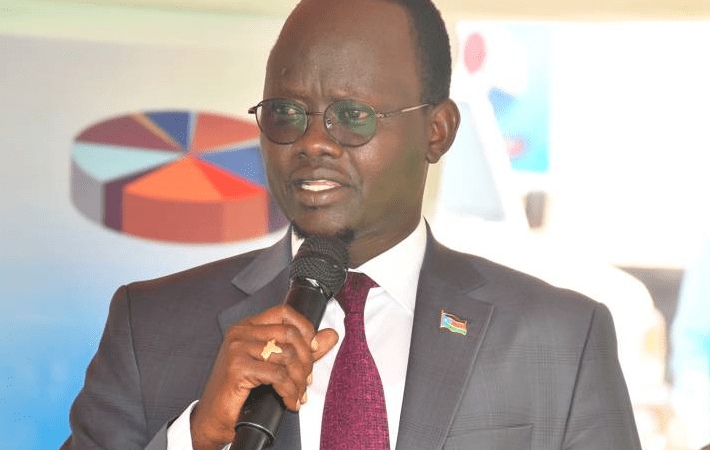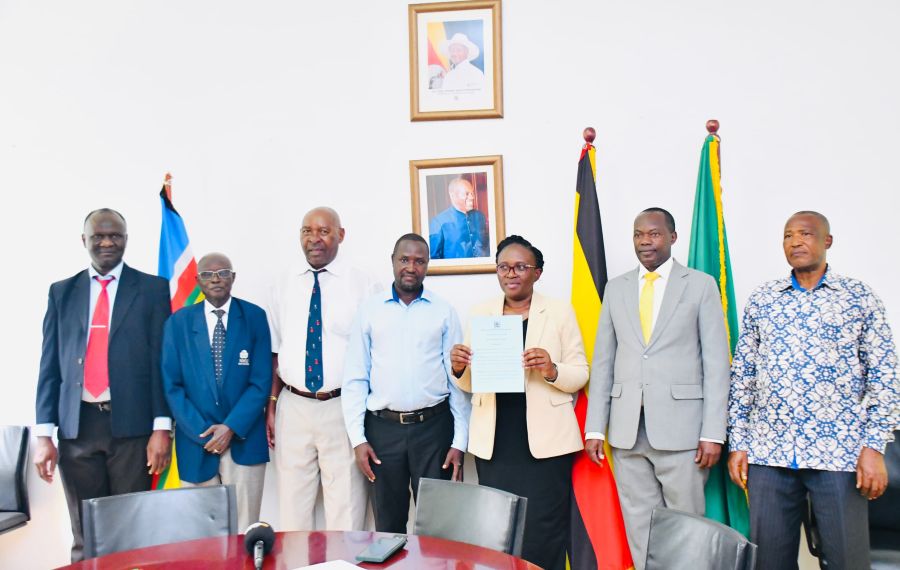King Ceasor University (KCU) has officially been granted a university charter, marking a significant milestone in its journey as a higher learning institution.
The charter, signed by President Museveni on July 3, 2025, and issued by the National Council for Higher Education (NCHE), confers full legal recognition and autonomy upon the university.
During a formal handover ceremony at KCU’s Bunga campus in Kampala, NCHE legal officer Steven Okoth presented the charter to the university’s Vice Chancellor, Dr. Charity Basaza Mulenga.
With this new status, KCU now has the legal mandate to offer degree programs across undergraduate, postgraduate, PhD, and professorial levels, both locally and internationally.
“This Charter is both an honor and a call for greater responsibility,” said Dr. Basaza Mulenga. “It challenges us to strengthen governance systems and innovate in a globally changing environment.”
Founded in 2005 by King Ceasor T.G, the institution has operated under various names, including Montessori University and St. Augustine International University, before adopting its current name in 2020. KCU received its provisional license on September 26, 2011, before attaining the full charter in 2025.
With a strong focus on medical training, KCU has positioned itself as a leading private university in Uganda. Its medical education model offers students placements in various specialized hospitals rather than relying on a single teaching facility. This approach is designed to broaden exposure to real-world healthcare challenges and better equip students with practical skills.
“We are the first private medical school in Kampala, and my major aim was to train health personnel who would provide services to humanity,” said King Ceasor, who also serves as the university’s founding chancellor and the Honorary Consul of Vietnam to Uganda.
King Ceasor emphasized that the charter would strengthen KCU’s mission of training globally employable graduates and promoting job creation through practical and innovation-driven learning.
“This charter means service to humanity. Anybody from any country in the world can come and study from King Ceasor University. Our students can pursue postgraduate studies anywhere in the world,” he said.
KCU attracts a diverse international student population from countries such as the USA, UK, Germany, China, India, Brazil, Canada, Saudi Arabia, Kenya, Ethiopia, and many others across Africa, Europe, Asia, and the Americas.
The university offers a range of career-oriented programs in fields including medicine, nursing, cybersecurity, entrepreneurship, engineering, and law. It aims to be an innovation hub contributing to socio-economic transformation through research, teaching, and learning.
In line with its tech-forward vision, the university recently introduced a mandatory two-month certificate in technology for all new students.
Announced during the May 5, 2025 graduation ceremony where over 300 students received degrees, the course will cover emerging fields such as artificial intelligence, quantum computing, gene editing, the Internet of Things (IoT), and virtual reality.
King Ceasor University now joins Uganda’s elite list of chartered universities, including Makerere University, Mbarara University of Science and Technology, Gulu University, Busitema University, and Kabale University.







